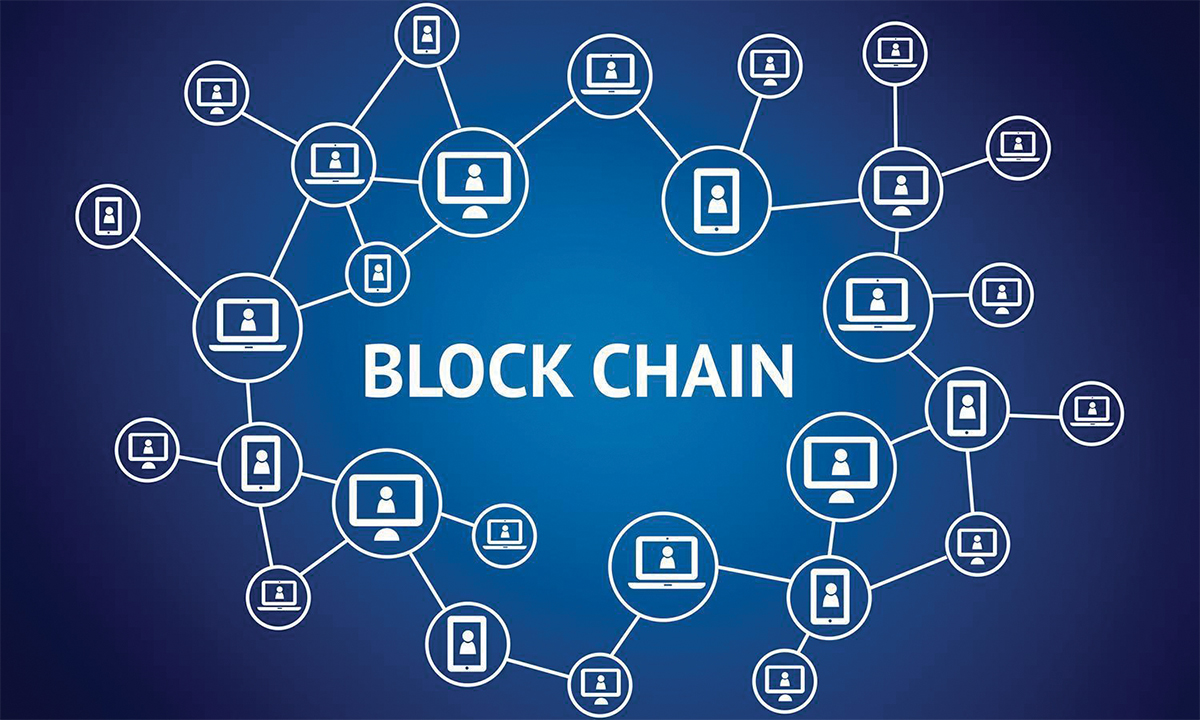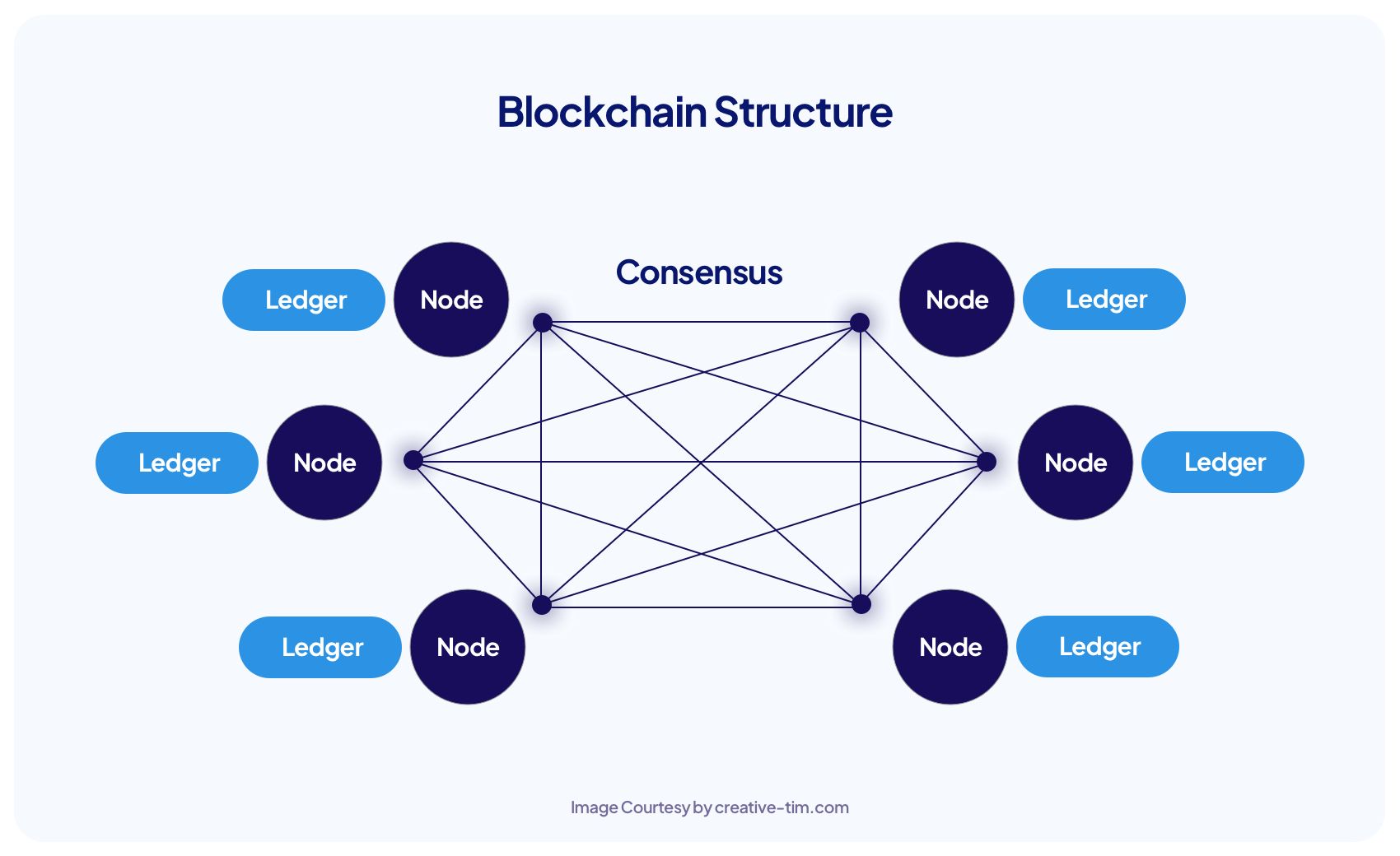Quote from
ephraim on October 27, 2023, 7:28 am

Blockchain technology is often hailed as one of the most disruptive innovations of our time, with the potential to reshape industries, enhance security, and revolutionize the way we interact and conduct transactions. In this post, I'd like to delve into the world of blockchain, its fundamental concepts, and the myriad ways it's making a profound impact on our lives.
What is Blockchain?
At its core, a blockchain is a decentralized, distributed ledger that records transactions across multiple computers. Each set of transactions, called a "block," is linked to the previous one through cryptographic hashes, forming a chain. This design ensures that the ledger is immutable and secure.
Transparency and Security
One of blockchain's key strengths is transparency. Once a transaction is recorded on the blockchain, it is visible to all participants in the network. This transparency makes it exceedingly difficult to manipulate or alter data, reducing fraud and increasing trust in various applications.
Blockchain's security is rooted in its consensus mechanism. Unlike traditional systems where a central authority validates transactions, blockchain relies on consensus among network participants. This decentralization minimizes the risk of a single point of failure, making it highly resistant to hacks and attacks.
Cryptocurrencies and Beyond
Blockchain technology gained fame with the advent of Bitcoin in 2009. Bitcoin, the first cryptocurrency, demonstrated how blockchain could enable secure, peer-to-peer digital transactions without intermediaries. Since then, thousands of cryptocurrencies have emerged, each with its unique features and use cases.
Beyond cryptocurrencies, blockchain technology has found applications in various sectors. Here are a few notable ones:
1. Supply Chain Management: Blockchain helps track the provenance of products, reducing fraud and ensuring the authenticity of goods. It also enhances transparency by allowing consumers to trace the journey of a product from source to shelf.

2. Financial Services: Blockchain simplifies cross-border payments, reduces transaction costs, and enhances the speed of international money transfers. Smart contracts, self-executing agreements with the terms directly written into code, automate processes like lending, insurance, and asset management.
3. Healthcare: In healthcare, blockchain ensures the secure and interoperable exchange of medical records. Patients have control over who accesses their data, improving privacy and security.
4. Voting Systems: Some countries are exploring blockchain for secure and transparent voting systems. Blockchain can help prevent election fraud and enhance the integrity of democratic processes.
Challenges and Scalability
While blockchain holds enormous promise, it faces several challenges. Scalability is a significant issue, as traditional blockchains like Bitcoin and Ethereum struggle to handle a high volume of transactions quickly. Researchers and developers are actively working on solutions like sharding and layer-two scaling to address this.
Interoperability is another challenge. Various blockchains exist, but they often don't communicate with each other seamlessly. Achieving cross-blockchain compatibility is essential for realizing the full potential of blockchain technology.
Conclusion
Blockchain technology is transforming industries, enhancing security, and bringing efficiency to processes. Its decentralized and transparent nature is ushering in a new era of trust and collaboration. As the technology continues to evolve, we can expect even more innovative applications, making blockchain a cornerstone of our digital future.


Blockchain technology is often hailed as one of the most disruptive innovations of our time, with the potential to reshape industries, enhance security, and revolutionize the way we interact and conduct transactions. In this post, I'd like to delve into the world of blockchain, its fundamental concepts, and the myriad ways it's making a profound impact on our lives.
What is Blockchain?
At its core, a blockchain is a decentralized, distributed ledger that records transactions across multiple computers. Each set of transactions, called a "block," is linked to the previous one through cryptographic hashes, forming a chain. This design ensures that the ledger is immutable and secure.
Transparency and Security
One of blockchain's key strengths is transparency. Once a transaction is recorded on the blockchain, it is visible to all participants in the network. This transparency makes it exceedingly difficult to manipulate or alter data, reducing fraud and increasing trust in various applications.
Blockchain's security is rooted in its consensus mechanism. Unlike traditional systems where a central authority validates transactions, blockchain relies on consensus among network participants. This decentralization minimizes the risk of a single point of failure, making it highly resistant to hacks and attacks.
Cryptocurrencies and Beyond
Blockchain technology gained fame with the advent of Bitcoin in 2009. Bitcoin, the first cryptocurrency, demonstrated how blockchain could enable secure, peer-to-peer digital transactions without intermediaries. Since then, thousands of cryptocurrencies have emerged, each with its unique features and use cases.
Beyond cryptocurrencies, blockchain technology has found applications in various sectors. Here are a few notable ones:
1. Supply Chain Management: Blockchain helps track the provenance of products, reducing fraud and ensuring the authenticity of goods. It also enhances transparency by allowing consumers to trace the journey of a product from source to shelf.

2. Financial Services: Blockchain simplifies cross-border payments, reduces transaction costs, and enhances the speed of international money transfers. Smart contracts, self-executing agreements with the terms directly written into code, automate processes like lending, insurance, and asset management.
3. Healthcare: In healthcare, blockchain ensures the secure and interoperable exchange of medical records. Patients have control over who accesses their data, improving privacy and security.
4. Voting Systems: Some countries are exploring blockchain for secure and transparent voting systems. Blockchain can help prevent election fraud and enhance the integrity of democratic processes.
Challenges and Scalability
While blockchain holds enormous promise, it faces several challenges. Scalability is a significant issue, as traditional blockchains like Bitcoin and Ethereum struggle to handle a high volume of transactions quickly. Researchers and developers are actively working on solutions like sharding and layer-two scaling to address this.
Interoperability is another challenge. Various blockchains exist, but they often don't communicate with each other seamlessly. Achieving cross-blockchain compatibility is essential for realizing the full potential of blockchain technology.
Conclusion
Blockchain technology is transforming industries, enhancing security, and bringing efficiency to processes. Its decentralized and transparent nature is ushering in a new era of trust and collaboration. As the technology continues to evolve, we can expect even more innovative applications, making blockchain a cornerstone of our digital future.












